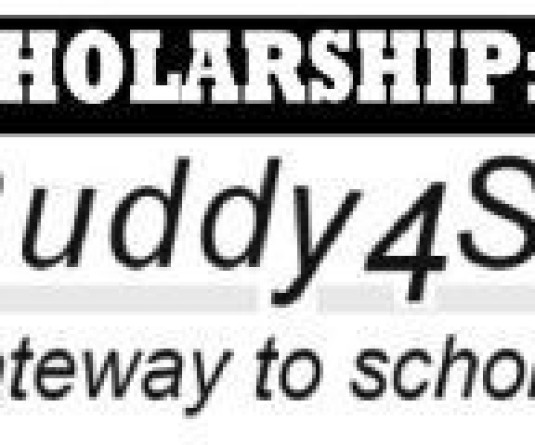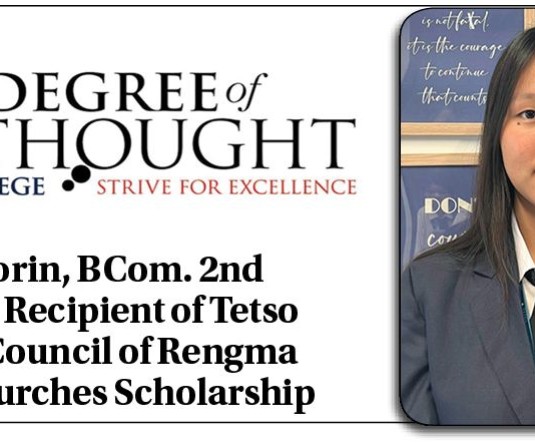
"The media's the most powerful entity on earth. They have the power to make the innocent guilty and to make the guilty innocent, and that's power. Because they control the minds of the masses." – Malcolm X
The influence of social media on politics is evident in various countries, with the United States serving as a prime example. The 2008 US election marked a turning point, especially for Barack Obama's campaign. Obama adopted Twitter as one of his campaign strategies. There were only 3.5 million Twitter accounts worldwide at the time of the November 2008 election. Out of these 3.5 million Twitter accounts Obama had about 118,000 followers. On 29th April, 2007 Obama make his first tweet:-
“Thinking we’re only one signature away from ending the war in Iraq.
At the beginning Obama used Twitter to express his opposition to the Iraq war and after a few weeks he started using it for other purposes like announcing his locations and the upcoming campaign venue. Obama Twitter was guided by two factors; one is the present schedule of presidential election milestones i.e. from the pre-primary, the primary campaign and to the general election. In each phase of the campaign process Obama achieved certain goals in each of them. The second factor is that in their process of using social media platforms Obama and his campaign team realized the strength and power of social media platforms and this served as the guiding factor in their use of social media platforms. Beside Twitter during the November 2008 US Presidential election Obama also used other social networking sites such as those of MySpace. One of Obama’s supporters Joe Anthony set up a page called “MySpace.com/barackobama” for Obama. Joe Anthony later maintained a site called “all things Obama”. When Obama announced his presidential candidacy in February 2007 the page had more than thirty thousand friends. “MySpace.com/barackobama” and the “all things Obama” site were mainly used to answer emails and point people to voter registration sites. As the campaign kicked off the number of Obama’s friends on MySpace increased. Obama also uses Facebook. With Facebook co-founder Chris Hughes on his campaign team Obama has several advantages in using Facebook. Apart from his personal account and page he has a Facebook group called “Barack Obama for President in 2008” which has over fifty thousand members.
In the Indian context, the 2014 elections witnessed the Bharatiya Janata Party (BJP), led by Narendra Modi, leveraging social media extensively. Modi's significant presence on Twitter and Facebook contributed to his popularity, making him the second most-liked political leader globally at the time. The correlation between social media engagement, likes, and comments with political interest was evident, reinforcing the idea that exposure to political content during election campaigns could stimulate public interest in political activities.
The BJP's use of Thunderclap, an online platform for viral content, showcased an adaptation of successful strategies from Barack Obama's 2012 presidential campaign. Social networking sites played a crucial role in sharing real-time information, mobilizing voters, and maintaining an active online presence.
While the BJP's success highlights the impact of social media in national politics, studies indicate regional variations in the use of social media. Dr. Anita Kaluvoya's research reveals that the reach and influence of social media are comparatively lesser at the regional level in states like Telangana and Andhra Pradesh. Regional parties were observed to establish online accounts closer to election periods, suggesting a lag in recognizing the potential of social media in regional politics.
Social media platforms have become integral to political advertising, with policies in place to regulate content related to elections and politics. Facebook, for instance, has strict guidelines for political advertising, emphasizing compliance with laws, disclosure, and ad labeling. However, the use of personal data for political purposes, as seen in the Facebook-Cambridge Analytica scandal, raises ethical concerns. Cambridge Analytica's data mining and analysis methods, though effective, led to a controversial shutdown due to privacy violations. The use of social media, as exemplified by Barack Obama's 2008 campaign, has set a precedent for future elections. As platforms evolve, political campaigns are likely to adapt and refine their strategies for broader outreach, engagement, and mobilization.
The use of social media platforms in global and Indian politics has reshaped the dynamics of political campaigns. From Obama's groundbreaking 2008 campaign to Modi's social media triumph in 2014, these examples underscore the transformative power of direct engagement between leaders and citizens. While social media offers unprecedented opportunities for connection and mobilization, the Facebook-Cambridge Analytica scandal serves as a stark reminder of the ethical considerations and challenges associated with harnessing personal data for political purposes. As technology continues to advance, the role of social media in shaping political landscapes will likely evolve, presenting both opportunities and challenges for politicians and voters alike.
The Degree of Thought Column is a weekly community column initiated by Tetso College in partnership with The Morung Express. The column explored contemporary social, cultural, political, and educational issues and challenges around us. However, the views expressed here do not reflect the opinion of the institution. Tetso College is a NAAC-accredited, UCG-recognized Commerce and Arts college. Currently, the Degree of Thought Column is managed by the department of Mass Communication, and the editorial team are Dr Jenny Lalmuanpuii, KC Gabriela and Rinsit Sareo. For feedback or comments, please email:dot@tetsocollege.org.






